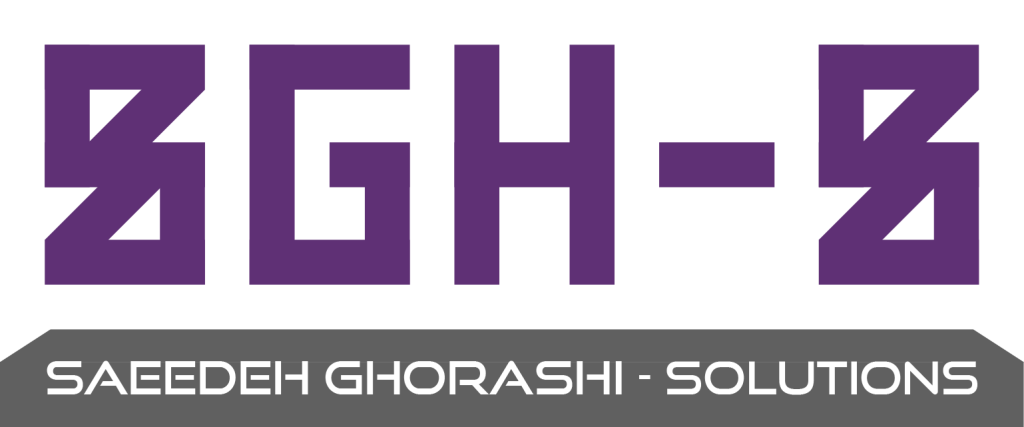Catalyzing Smart Urban Metabolism through Entrepreneurial Ecosystem Infrastructures: Planning and Implementation in Tehran
Elsevier, Smart Cities Series
Ali Mobini Dehkordi 1 , Seyedeh Sedigheh Ghorashi2 , Keramatollah Ziari3
1 Faculty of Entrepreneurship, University of Tehran, Tehran, Iran, mobini@ut.ac.ir
2 Faculty of Entrepreneurship, University of Tehran, Tehran, Iran, sghorashi@ut.ac.ir, saeedeh.ghorashi68@gmail.com
3 Department of Human Geography and planning, faculty of geography, university of Tehran, Tehran, zayyari@ut.ac.ir
Abstract: This chapter proposes a pioneering framework for fostering smart urban metabolism in developing cities, using Tehran’s entrepreneurial ecosystem as a case study. Building upon the principles of Neo-Schumpeterian economics, it shifts the focus from traditional economic paradigms to an inclusive, knowledge-based urban ecosystem, emphasizing the synergistic triad of citizens, academic experts, and city managers. This approach aligns with the concept of smart urban metabolism, which amalgamates technological, economic, environmental, and social dimensions to cultivate sustainable urban development.
The core of this research is the identification of seven key technological infrastructures critical to the advancement of Tehran’s smart urban metabolism. These infrastructures serve as conduits for fostering collaboration between citizens, academic experts, and city managers. Emphasis is placed on the university’s role in creating a triadic relationship that drives innovation and sustainable urban growth.
The research methodology comprises a targeted literature review and a focused analysis of existing technological infrastructures and practices within Tehran’s urban entrepreneurship ecosystem. This includes examining current technological advancements, digital tools, and smart city initiatives that contribute to the ecosystem’s efficiency and sustainability.
The study identifies seven key technological infrastructures critical to enhancing Tehran’s smart urban metabolism (SUM), including IoT, AI, big data analytics, smart grids, and intelligent transportation systems. These infrastructures, integrated within the entrepreneurial ecosystem, significantly improve resource efficiency, reduce environmental impact, and enhance urban living conditions by fostering innovation and collaboration. The entrepreneurial ecosystem plays a pivotal role by uniting diverse stakeholders—citizens, academic experts, and city managers—to drive sustainable urban growth. This collaboration is essential for effective urban planning, ensuring that technological advancements are strategically aligned with urban development goals and the principles of SUM. However, challenges such as high initial costs, regulatory requirements, and data security must be addressed. Effective stakeholder engagement and collaboration among government agencies, private sector actors, academic institutions, and civil society are crucial for successful implementation. The proposed framework for implementation emphasizes strategic planning, intersectoral collaboration, investment in core infrastructures, pilot projects, capacity building, data governance, continuous monitoring, public engagement, and environmental sustainability, all within the context of a robust entrepreneurial ecosystem and informed urban planning.
This chapter’s main contribution is to provide a useful, technologically-focused framework for cities like Tehran that want to create intelligent, sustainable urban ecosystems. This chapter is provided actionable strategies for policymakers, urban planners, and academic institutions, emphasizing the importance of technology in driving inclusive innovation and sustainable urban development.
